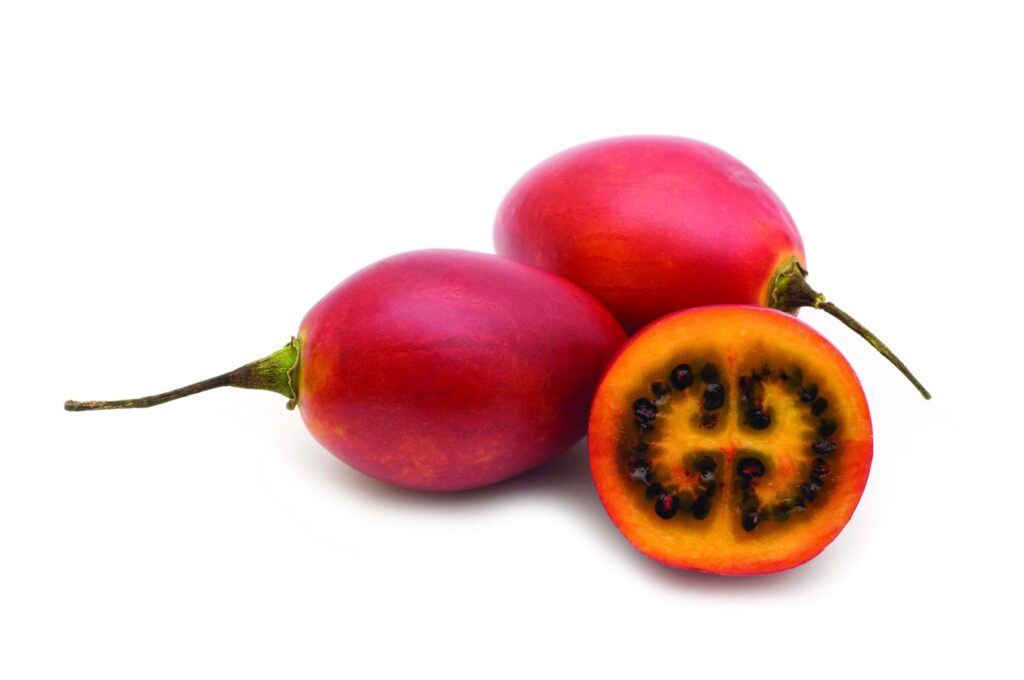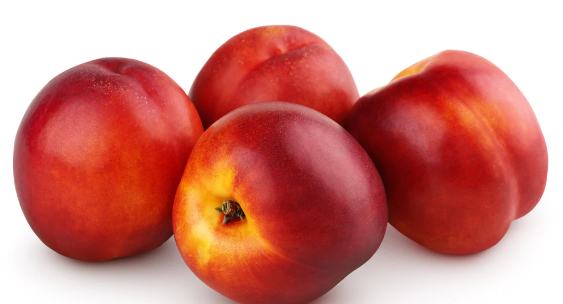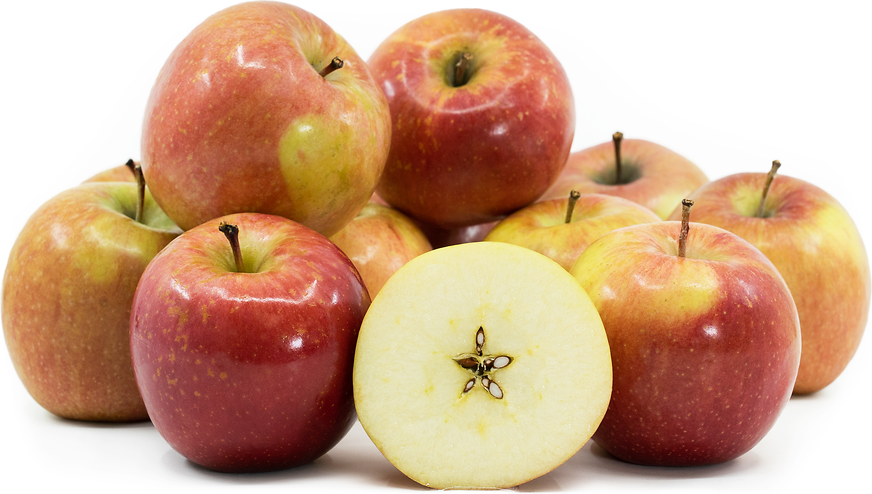Tropical fruits are well-known for loving the warm, wet surroundings close to the equator. These areas get lots of rain, have hot weather, and their soil is very good for growing things. Tropical fruits stand out because they’re brightly colored, taste really good, and are full of important nutrients.
Table of Contents
- What Makes Tropical Fruits Special?
- So, Is Grapefruit a Tropical Fruit?
- The Story of Grapefruit
- How Grapefruit Trees Grow Best
- Nutrients in Grapefruit
- Why Grapefruit is Good for You
- How to Use Grapefruit in Cooking
- Favorite Grapefruit Dishes
- Choosing and Keeping Grapefruit Fresh
- Fun Facts About Grapefruit
- Wrapping It Up
- Common Questions
What Makes Tropical Fruits Special?
Tropical fruits are special because of certain things they all have in common. They’re usually juicy and soft, and their taste can range from very sweet and a bit sour to something that tastes very unusual or tropical.
These fruits are also great for your health because they have lots of vitamins, minerals, and things that stop bad stuff from happening to your cells.
So, Is Grapefruit a Tropical Fruit?
Indeed, grapefruit is a member of the tropical fruit family. It’s part of the citrus group and grows well in both tropical and subtropical places around the globe.
The Story of Grapefruit
Grapefruit originally came from the Caribbean, in a place called Barbados. Experts think it’s the result of mixing a sweet orange with a pomelo. After that, grapefruit spread to many other countries and became liked because it tastes good and is good for you.
How Grapefruit Trees Grow Best
To grow well, grapefruit trees need a place that’s nice and warm. They like it when the temperature is between 60 and 85 degrees Fahrenheit (15-29 degrees Celsius) and when they can soak up the sun. They can also grow in places where it doesn’t get too cold in the winter.
Nutrients in Grapefruit
Grapefruit is full of good stuff for your body, like vitamin C, which helps your immune system work better and fights off cell damage.
It’s also high in fiber, which helps with digestion, and has other antioxidants that protect your cells from damage.
Why Grapefruit is Good for You
Eating grapefruit has many health perks. It’s great for your heart because it can help lower your cholesterol and keep your blood pressure at a good level.
Grapefruit can also help if you’re trying to watch your weight. It doesn’t have many calories, and the fiber in it can make you feel full. Also, the vitamin C in it is good for your skin because it helps make collagen.
How to Use Grapefruit in Cooking
Grapefruit is tasty and can be used in all kinds of dishes. You can eat it on its own, mix it into salads, or use it to add a zesty taste to both sweet and savory recipes. Grapefruit juice is a favorite drink for many people, and you can use the zest to make dishes more flavorful. Its sour taste and special flavor make it a flexible ingredient in lots of different types of food.
Favorite Grapefruit Dishes
- Grapefruit and Avocado Salad
- Grilled Shrimp with Grapefruit Salsa
- Grapefruit Yogurt Parfait
- Grapefruit and Honey Glazed Salmon
- Grapefruit Sorbet
Choosing and Keeping Grapefruit Fresh
When you’re picking out grapefruits, go for the ones that feel heavy and have smooth, tight skin. The color might change depending on the kind of grapefruit.
If you keep grapefruits at normal room temperature, they should stay good for about a week. If you put them in the fridge, they’ll last longer. Once you’ve cut a grapefruit, you should eat it within a few days to get the best taste and freshness.
Fun Facts About Grapefruit
- Grapefruit is named like that because they grow in bunches, looking a lot like grapes.
- You can find grapefruit in different colors, like white, pink, or red, and each color tastes a little different.
- Be careful with grapefruit if you’re taking medicine. Always check with a doctor because grapefruit can affect how your body handles some drugs.
Wrapping It Up
To sum it up, grapefruit is a tropical fruit famous for its sour and sweet taste and its healthiness. It loves the warm weather and has a long history of people growing it. You can eat grapefruit in all sorts of ways, like fresh, in food, or as a drink, for a refreshing and health-boosting bite.



![What Is the National Fruit of Thailand and Why? [ANSWERED]](https://fruitonix.com/wp-content/uploads/2023/04/Mangosteen.jpeg)





